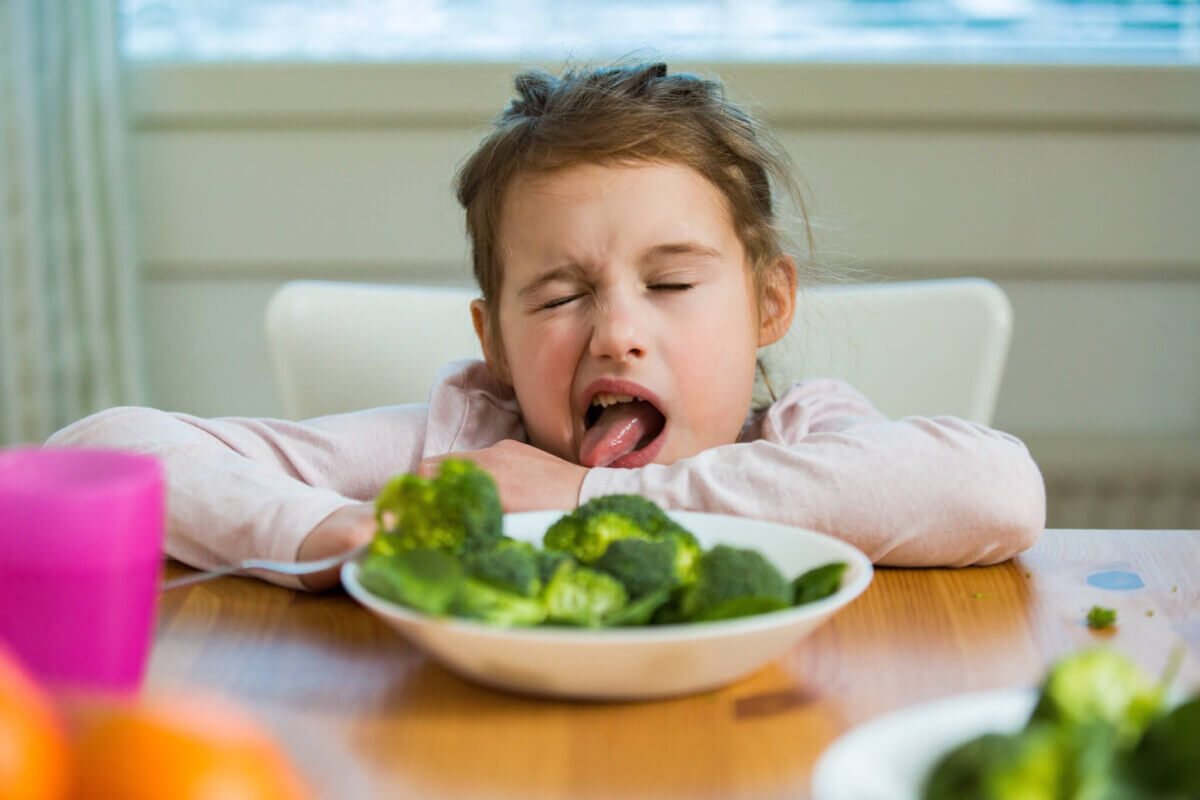
(© ladysuzi - stock.adobe.com)
LEXINGTON, Ky. — If you've just never been able to wrap your mind around how people eat vegetables like broccoli or brussels sprouts and actually enjoy the taste, it turns out you may be experiencing an entirely different taste when you bite into a forkful of greens. According to a new set of preliminary research, some people carry a specific gene that makes certain foods, including most heart healthy vegetables, taste especially bitter.
Those carrying this taste gene are much more likely to have a harder time incorporating vegetables into their daily diets.
“Your genetics affect the way you taste, and taste is an important factor in food choice,” says study author Jennifer L. Smith, a postdoctoral fellow in cardiovascular science at the University of Kentucky School of Medicine in Lexington, in a release. “You have to consider how things taste if you really want your patient to follow nutrition guidelines.”
Every single human is born with two copies of a taste gene called TAS2R38. However, some people inherit two versions of the gene called AVI, while others inherit just one copy of AVI and another variation of the gene called PAV. People with two AVI genes aren't particularly sensitive to bitter tastes from certain compounds, but those with one PAV variant experience mild bitter sensations from certain foods.
Then, there is another group of people who inherit two PAV variant genes. This group, often referred to as “super tasters,” find certain foods extremely bitter.
“We’re talking a ruin-your-day level of bitter when they tasted the test compound. These people are likely to find broccoli, brussels sprouts and cabbage unpleasantly bitter; and they may also react negatively to dark chocolate, coffee and sometimes beer,” Smith explains.
It is estimated that roughly 50% of humans inherit both a PAV and AVI gene variant, while 25% are born with two PAV variants, and another 25% inherit two AVI variants.
Researchers went through food-questionnaire responses from 175 participants, and found that people with two copies of the PAV form of the gene (super tasters) were over two and a half times more likely to be in the bottom half of participants regarding number of vegetables consumed. The average age of the participant group was 52, and over 70% were females.
Interestingly, bitter sensitivity did not seem to influence the amount of salt, sugar, or fat that participants were eating.
“We thought they might take in more sugar and salt as flavor enhancers to offset the bitter taste of other foods, but that wasn’t the case. Down the road we hope we can use genetic information to figure out which vegetables people may be better able to accept and to find out which spices appeal to super tasters so we can make it easier for them to eat more vegetables,” Smith concludes.
The study is set to be presented at the American Heart Association’s Scientific Sessions 2019.










